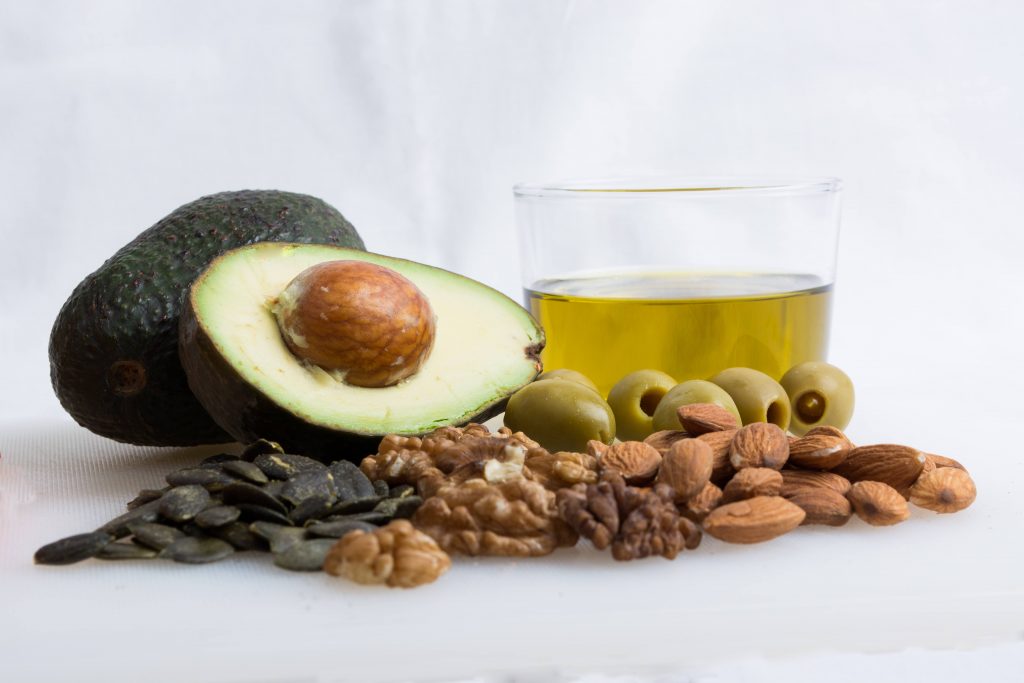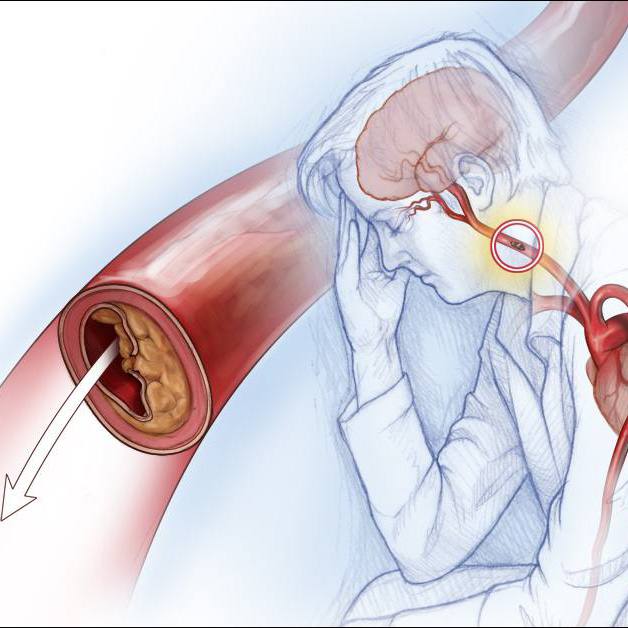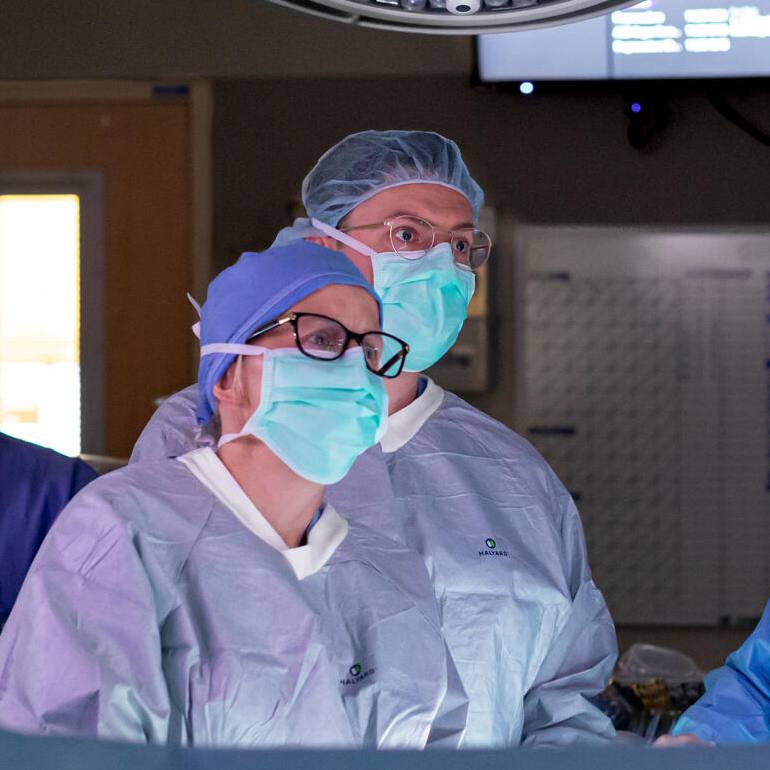Are you trying to remember which fat is the good fat to use in the kitchen? If you are confused about whether to use unsaturated fats, polyunsaturated, monounsaturated or saturated fats when cooking, it's understandable. It can be confusing.
Dr. Regis Fernandes, a Mayo Clinic cardiologist, says fats that raise your bad cholesterol levels and increase your risk for heart disease are the ones to avoid.
Journalists: Broadcast-quality video (0:59) is in the downloads at the end of this post. Please courtesy: "Mayo Clinic News Network." Read the script.
"Saturated fat is a type of fat that solidifies in room temperature," says Dr. Fernandes.
Coconut oil is an example, so is palm oil.
"Saturated fat consumption is directly related to cholesterol levels in the blood," he says. "The higher the saturated fat intake, the higher will be the cholesterol level in the blood."
"There are two types of unsaturated fats that are considered healthy fats. We have the polyunsaturated fats, and you have the monounsaturated fats. And those two types of fats are considered the good fats because they do not raise the LDL cholesterol," says Dr. Fernandes.
LDL is low-density lipoprotein. That's the bad cholesterol. The opposite is high-density lipoprotein.
"HDL is considered a good cholesterol because it's measuring the amount of cholesterol that is removed from your arteries back to the liver," Dr. Fernandes says.
You'll find these good fats in olive oil, avocado oil, and soybean and vegetable oil.

Try these tips to reduce unhealthy fats in your diet
- Use oil instead of butter. For example, saute with olive oil instead of butter, and use canola oil when baking.
- Eat fish rich in omega-3 fatty acids, such as salmon, instead of meat at least twice a week.
- Choose lean meat and skinless poultry. Trim visible fat from meat. Remove fat and skin from poultry.
- Limit processed foods, which often contain saturated fat. Instead reach for whole fruits and vegetables when you're hungry.
Related posts:
- Mayo Clinic Minute: What you need to know about cholesterol.
- Mayo Clinic Minute: Should older people take statins?
- Mayo Clinic Minute: How is peripheral artery disease diagnosed?
Related Articles







